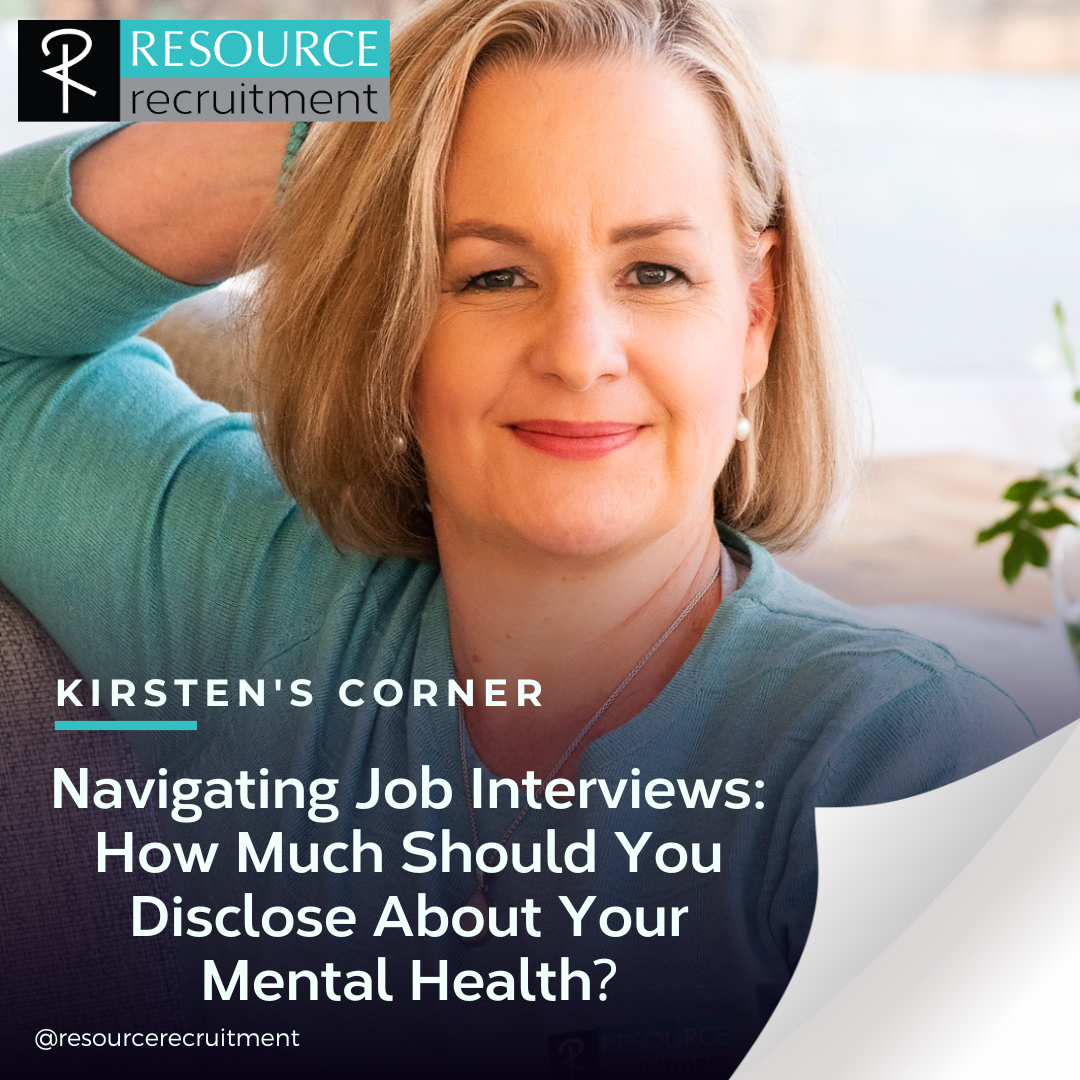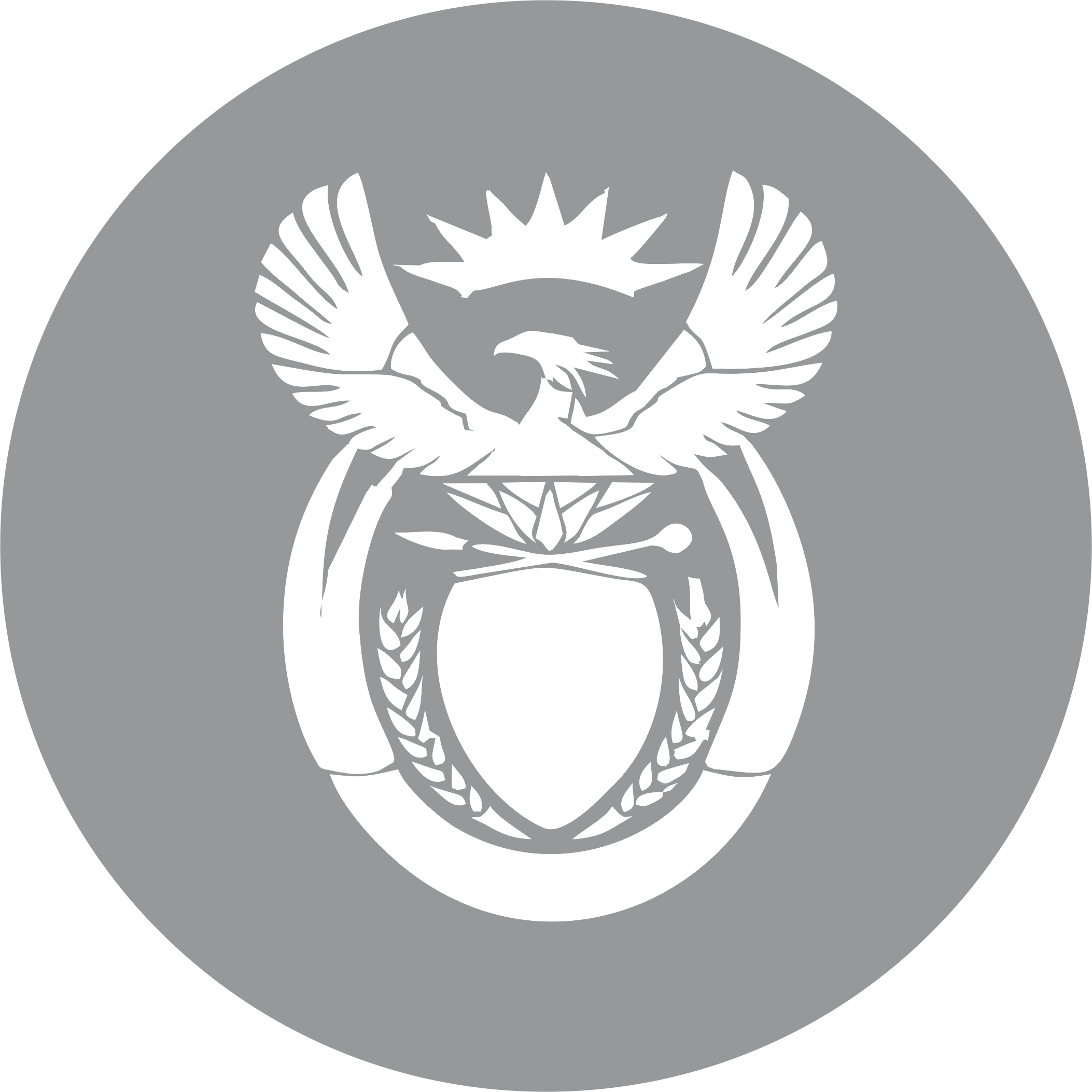
05 Jul Navigating Job Interviews: How Much Should You Disclose About Your Mental Health?
Navigating Job Interviews: How Much Should You Disclose About Your Mental Health?
Job interviews can be nerve-wracking experiences, particularly when it comes to discussing personal matters such as mental health. It’s essential to present yourself authentically in the interview, so the question of how much to disclose about your mental health during a job interview can be a challenging one. Here are a few considerations and guidance to help you navigate this delicate balance effectively.
Is it Appropriate?
The first thing that you need to do, is ask yourself if its appropriate to even be discussing your mental health. I have never asked about mental health in a job interview, yet almost daily applicants are divulging information that is not necessarily appropriate for the interview- especially at first interview stage. “Mental Health” is a spectrum that everyone is on, good or bad, and it is not always relevant to your future employer.
Focus on Job-Related Abilities:
During a job interview, the primary focus should be on showcasing your skills, qualifications, and relevant experiences. Instead of discussing specific mental health conditions, emphasize your abilities and how they make you an asset to the company. Highlight accomplishments, problem-solving skills, and your ability to work well in a team or manage projects effectively. Nerves and adrenalin can sometimes cause us to go off topic and divulge information that we would not normally.
Consider the Position and Workplace Demands:
The extent to which you disclose your mental health may vary depending on the position and workplace demands. Certain roles, such as those in high-stress environments, might require more open conversations about mental health. For instance, if the job involves working with vulnerable populations or in healthcare, being transparent about how you manage stress and prioritize self-care could be beneficial.
Gauge the Interviewer’s Receptiveness:
During the interview, pay attention to the interviewer’s tone, body language, and cues to assess their receptiveness to discussing mental health. If the interviewer appears empathetic or shares information about mental health initiatives within the company, you may feel more comfortable disclosing limited details. However, if you sense a lack of understanding or empathy, you may prefer to focus on your qualifications and fit for the role instead.
Balance Honesty with Boundaries:
While honesty is generally valued in a job interview, it’s crucial to maintain appropriate boundaries when discussing mental health. Consider sharing information that is relevant to the position or could impact your ability to perform specific job duties. Avoid oversharing or providing excessive personal details that may not be necessary for the conversation.
Deciding how much to disclose about your mental health during a job interview requires careful consideration. Remember that your primary goal is to showcase your qualifications and fit for the role. Ask yourself why you are wanting to disclose your mental health history, and what impact your condition will have should you be successful in securing the position. It is important to disclose medically diagnosed conditions that you will need the company to support you with, like any other medical condition, but not to turn a job interview into a therapy session.



